Use sorting plastics for recycling and melting plastics for new uses as contexts for teaching about materials
This resource is also available in Welsh and Irish
Get the Welsh language version.
Get the Irish language version.
How can we ensure our plastic waste is recycled? Do plastics melt? This topic web contains sustainability context ideas and classroom activity suggestions for teaching about materials to 7–9 year olds. Explore different types of plastic and whether they can be recyled, or learn how plastics can be melted and remoulded for new uses.
Each web explains the background science, describes how scientists are working in this field, and suggests ways to explore this in the classroom.
How to use this topic web
This resource is part of our Sustainability contexts for primary science teaching series. The series features a total of 20 topic webs designed to help you link your existing curriculum teaching to sustainability issues.
Find out more about how to use this topic web in your teaching.
-
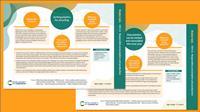
Download this resource
Get both topic webs on recycling the melting plastics for 7–9 years, with tips and suggested activities to use in the classroom.
Topic web 1: Sorting plastics for recycling
What’s the science?
Plastics have many advantages, including being lightweight, durable and flexible. However, there are many forms of plastic which makes it more difficult to sort and recycle than other materials. Most plastic isn’t biodegradable and can take years to decay. Every year, around eight million tons of plastic waste enters the oceans. Animals can become tangled in the plastic or digest it causing many to die.
What are scientists doing about it?
In 2016, scientists in Japan discovered an enzyme which could break down a type of plastic that is widely used to make plastic bottles and food containers. Researchers in the UK have also developed new methods to enable them to recycle bioplastics into new products. Companies such as Tetra Pak are developing sustainable packaging solutions made from plant-based materials.
How could you explore this in the classroom?
- Provide learners with a selection of different plastics. Ask them to identify and group the plastics according to their properties and discuss which ones can be recycled. They could research which plastics are most commonly recycled, the percentage of these plastics recycled annually and how many years each type of plastic takes to decompose. They could compare this to how long it takes other materials to decompose such as paper. They could also look at their own plastic footprint.
- Introduce learners to the Tetra Pak website and explore the challenges of recycling. Use the website to investigate the different regional schemes to collect and recycle Tetra Pak packaging. Find out if your school currently does this. If not, you could explore the feasibility of this by sorting Tetra Pak items into separate bins for a week to find out how much there is.
- Learners could develop their literacy skills by holding a debate about single-use plastic or the plastic tax. Alternatively, they could use persuasive writing to encourage people to reduce plastic use.
Curriculum links
Living things and their habitats; literacy; materials; research using secondary sources.
Topic web 2: How plastics can be melted and remoulded into new uses
What’s the science?
Plastics are polymers that have a huge variety of chemical compositions. This means that some plastics are easy to melt, while others are near impossible. The manufacturing of plastics is also causing major environmental challenges. Most plastics are made from chemicals derived from fossil fuels which contribute to carbon dioxide emissions.
What are scientists doing about it?
Across the UK, nearly all councils provide plastics recycling collection making it easier for people to recycle their plastics. However, only some plastic products are recycled under these programmes. Scientists are developing new plastics that are more easily recycled, as well as searching for ways to recycle existing plastics more efficiently. Some innovators are developing bioplastics made from plant crops, to create materials that are more environmentally friendly.
How could you explore this in the classroom?
- Learners could develop their research skills by watching videos and researching the process of melting plastics to remould and reuse them. They could make predictions about the melting points of plastics and other materials.
- Give the learners a selection of items that have been made from recycled plastic bottles (or images of items). Items could include plastic bottles that have been reused to show how they have been melted and remoulded. This could lead into a discussion about the recycling process. Learners could watch videos and research the different stages of recycling plastic bottles.
- If your school has playground equipment or surfaces that are made from recycled plastics then learners could explore recycled materials in the school environment.
- Learners could develop their maths skills by finding out the melting points of plastics. They could compare these to other solids including some they can melt in class, such as chocolate or butter. They could record the data in a bar chart. They could use their literacy skills to write an account about the journey of a plastic bottle that has been melted and remoulded to form a new product.
Curriculum links
States of matter; maths; materials; research using secondary sources; handling data; literacy.
Try these additional resources
- Try more sustainability topic webs to provide context for key topics in primary science, including habitats, electricity and water and the water cycle for 7–9 year olds.
- Explore materials further with our topic webs on materials for 4–7 and 9–11 year olds.
- Read up on the background science for properties of materials, grouping materials, or melting with our That’s Chemistry! chapters.
- Also explore freezing with our intruiging ice experiment.
- Find out more about careers in chemistry such as Océane’s role as an R&D chemist and explore more job profiles on A Future in Chemistry.
Downloads
Recycling and melting plastics | 7–9 years
PDF, Size 0.11 mb
Additional information
Sources:
What is the problem with plastic? | BBC Newsround
Three incredible scientific solutions to plastic pollution | Eradicate Plastic
UK researchers develop biopolymer recycling technique | Waste Today
Plastic Recycling Process | Recycle More
Plastics Challenge | Practical Action
Plastic Recycling | British Plastics Federation
Scientific advances can make it easier to recycle plastics | Phys.org
Sustainability contexts for primary science
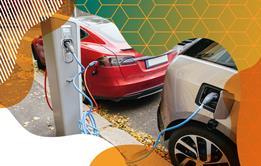
Find out how to teach science curriculum topics through engaging sustainability contexts. Our topic webs include suggestions for classroom activities that develop numeracy, literacy and scientific skills.
- 1
- 2
- 3
- 4
- 5
- 6
 Currently
reading
Currently
reading
Recycling and melting plastics | 7–9 years
- 8
- 9
- 10
- 11



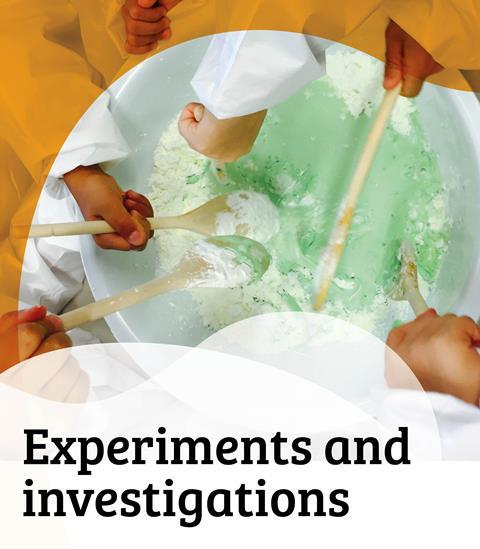
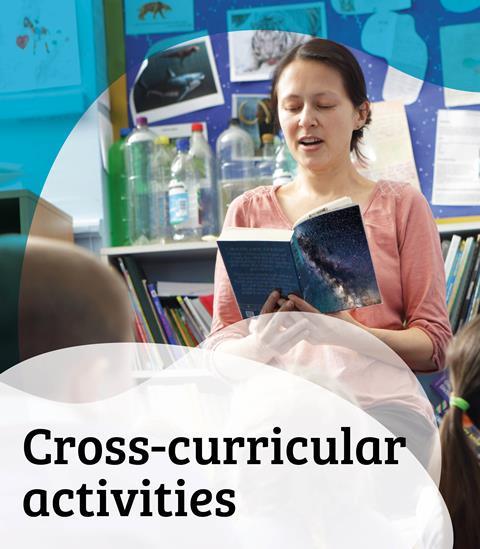
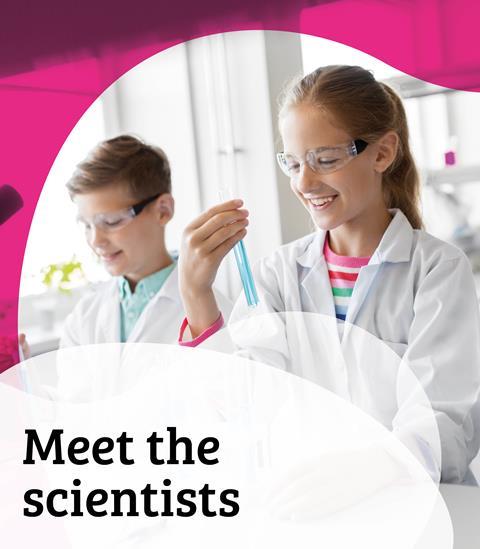





























No comments yet